Pew/NatGeo Column Oversimplifies Ecosystem-Based Management of “Forage Fish”
 WASHINGTON (Saving Seafood) May 7, 2014 — In a recent article, “The ABCs of Ecosystem-Based Fisheries Management-Part II,” the Pew Charitable Trusts’ Director of Federal Fisheries Policy and National Geographic online guest writer, Lee Crockett, focuses on the management of “forage fish” — a much used, though highly debated categorization for a number of small, marine species. The article’s title suggests,,, Read more here 14:13
WASHINGTON (Saving Seafood) May 7, 2014 — In a recent article, “The ABCs of Ecosystem-Based Fisheries Management-Part II,” the Pew Charitable Trusts’ Director of Federal Fisheries Policy and National Geographic online guest writer, Lee Crockett, focuses on the management of “forage fish” — a much used, though highly debated categorization for a number of small, marine species. The article’s title suggests,,, Read more here 14:13

































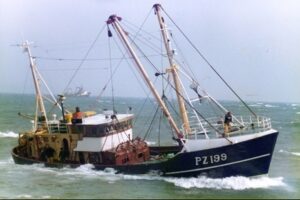


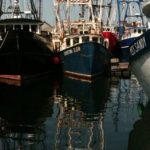

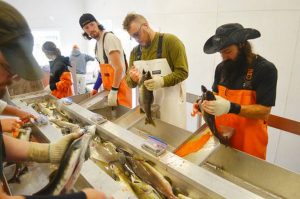
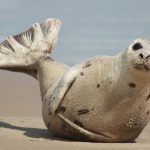
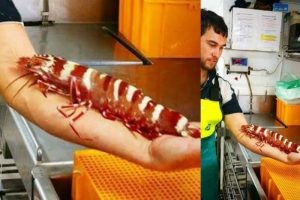
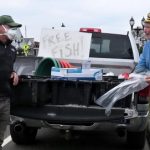
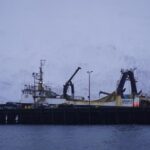
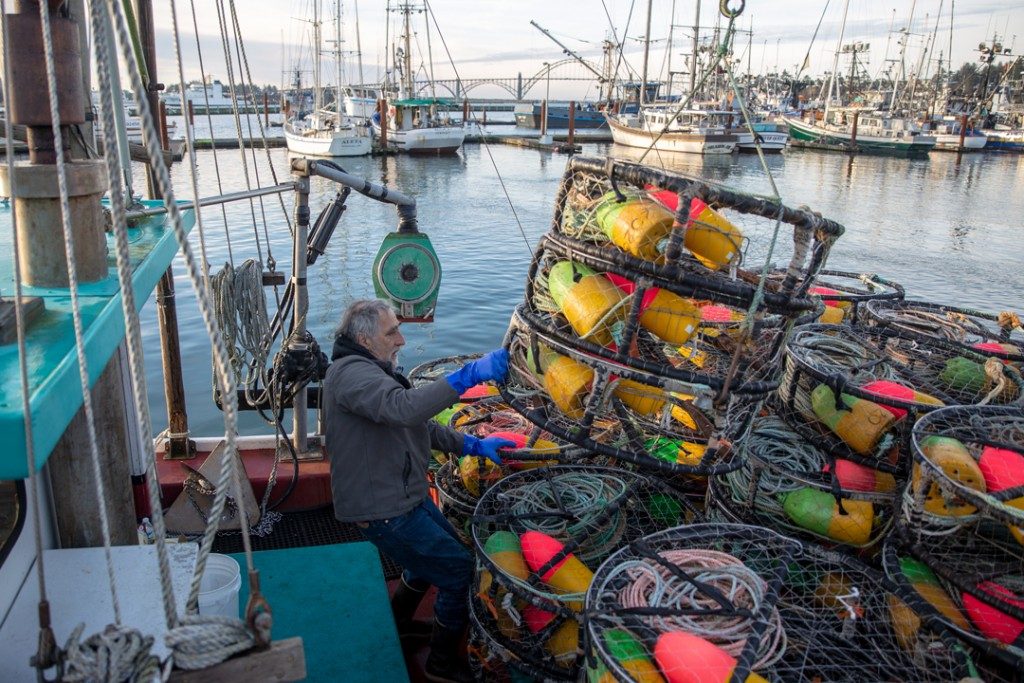
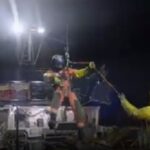
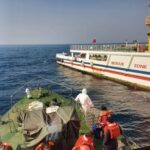
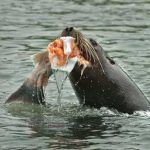



Refuting PEW’s oil funded, fisherman persecution science is as easy as ABC.
The fishe PEW targets as forage fish are voracious little predators in their own right. You cannot legislate a higher abundance of them with no real increase in their food supply. The Atlantic herring has a weight average decline that is strong evidence of lack of nutrition. The little fish are hungry and they are eating whatever they can get. This means larger fish eggs and fry are being consumed by an increasing stock of extremely well managed fish.
With herring and menhaden so successful under management utilizing the science of stock assessment, it is no wonder that PEW is calling for change. PEW’s assistance has been devastating to the fishermen of other species whose desperation for a solution that doesn’t involve them being blamed and dis-enfranchised has fueled the calls for eco-system based management. PEW’s paid fishermen at the donation hungry community fishing organizations will jump on any band wagon that is offering a free ride. So for fishermen whose catch has been mis-labeled “Forage Fish” and in fact for any successfully managed fishery
change is not a good thing.
Historically any change to a PEW based agenda has been bad for all but the oil drillers they sprang from.
You can read about the flaws in PEW’s science in my articles called, “Science the People Can Understand.”
Forage Fish Science Explained!
https://fisherynation.com/forage-fish-science-explained
Riding the Pew Science Short Bus
https://fisherynation.com/riding-the-pew-science-short-bus
Actually, a “forage fish” is any fish that a larger fish can get into his/her mouth. The fish that Pew is calling “forage”, i.e., Menhaden, Herring, Sardines, Anchovy, Squid, and Mackerel, Scup, and Whiting, are most of the time amazingly abundant. But, their populations vary along with everything else in their natural environment, i.e. variations in wind, currents, air and water temperature, food supply, spawning conditions, abundance of a particularly hungry co-inhabiting species.
On Georges Bank, for example, Herring eat Cod eggs. Cod eat clams, crabs, and beer cans. Bass eat lobsters. Dogfish eat Flounder and Fluke and just about everything else in sight. Squid eat small Hake and Hake eat Squid. So who’s “forage” and who’s “predator”?
The fish that Pew is calling “forage” are prolific breeders when conditions are right. They are short lived so populations go through boom and bust naturally. These stocks can vary widely and have done so forever; and because of this fact, population statistics can be selectively manipulated by choosing a particularly scarce or abundant year to “prove” statistically just about anything. http://www.savingseafood.org/alerts/providence-journal-analysis-finds-pew-environments-menhaden-claim-mostly-f-2.html
Squid for instance live for approximately one year or less; but, when conditions are favorable their eggs cover the bottom and are so thick they’ll plug the net and almost stop the boat. The following year’s spawn might be a fraction of the previous year’s for a myriad of factors, the least of which is commercial fishing mortality.
The fact is that local independent fishermen cannot work on depleted stocks, fuel and vessel overhead is far too expensive and no one happens to care more about the future health of the stocks. When a particular species is scarce, boats will either stay at the dock, or re-rig for something else, for another species that’s abundant that year or that season. But, thanks to misleading campaigns such as this one from Pew/Lenfest, family small boat operations are being painted with the same brush as the market capitalized factory ship operations of Pacific Andes’ “China Fishery” for example.
Fish regulation is big business, bigger than the business it claims to regulate. The more alarming the extinction claims, the more the tax-sheltered contributions flow, from both the duped general public and the overlord corporate boards, and the more relevant the hordes of “fish management” jobs at NOAA appear.
The notion that a handful of coastal fishing vessels could influence the population health of fish that show up in schools so massive that they are referred to in terms of “shoals” is complete nonsense. These short lived prolific breeders have always had radically fluctuating populations depending on many radically fluctuating biological factors. Attempting to micro-manage and control these stocks is a fool’s errand. It’s like trying to manage Starlings…
The real eco-tragedy is that the anti-fishing eco-NGOs, with their campaigns of misinformation, have discredited the entire ecological movement, the need for which is becoming more evident every day in terms of climate and air quality and ocean temperature, acidity, etc.. But the eco-champions at Pew, EDF, Oceana and Lenfest are funded by the oil companies—the actual polluters—so they certainly won’t bite their own hand and engage some of the real threats to the atmosphere that they are helping to create and which indeed are destroying the plankton and Krill.
This excellent comment was better than the article.